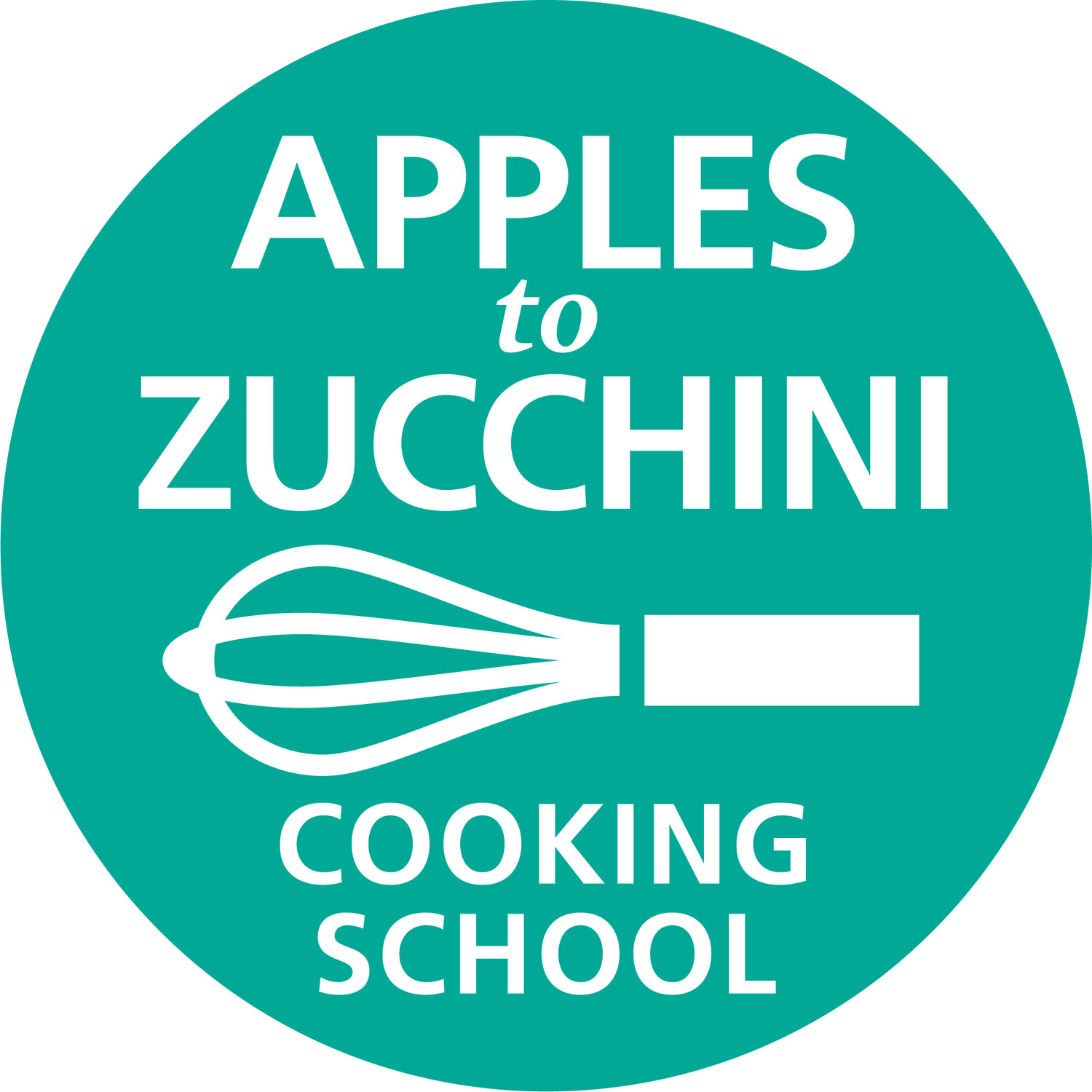Money Matters!
I’m often asked why I started AtoZ Cooking School. I was 44 when I started hatching the idea, so I had half a lifetime of experiences that led me down this adventurous path. Today I’d like to tell you about the inspiration for the affordability component of our Mission Statement. (We teach children and their families how to prepare delicious, nutritious, affordable meals made from real food.)
When my older son was in 6th grade, his class participated in the $1.50 Challenge. This is a global project that asks people to live on $1.50 of food for a day (or more), so they can understand what food insecurity feels like. I did some quick math to determine how that would look for a family of 4: $1.50 x 4 people x 7 days = $42. Imagine if that’s all you had to feed your family. Is it impossible? No. Is it difficult? You bet it is.
There is a myth that fast food is cheap. Respected food writer Mark Bittman wrote an article in 2011, where he compared fast-food prices to shopping at the grocery store for a meal. Take a look at this infographic to see how the prices and meals stack up. The only way to feed a family on $42 per week is to prepare and cook your own real food. For example, a pound of potatoes costs about $2.00. This equals about 3 servings of potatoes — mashed, fries, hashbrowns. One serving of french fries at a fast-food restaurant costs between $1 and $4. So $3.00 feeds four people when you cook the potatoes yourself. To feed four people fast-food french fries, you’re going to have to spend between $4 and $12. There is, of course, the argument that time is money. We have to take the time to cook those raw potatoes. Yes, indeed. But when you know how to cook, those oven fries take about 5 minutes to slice and the oven does the rest of the work for you.
There is another myth that a vegan or vegetarian diet is more expensive than a standard diet. Many people get sticker shock at the farmers market and conclude that a vegan or vegetarian diet is too expensive. However, the numbers do not bear that out. This article in Good shows the average prices of four different diets: standard, pescetarian, vegetarian and vegan. The ubiquitous staple of burgers and Hamburger Helper is a great example. A pound of ground beef can be had for as little as $5 per pound. If you want to feed each person a quarter of a pound of beef each night for dinner, you'‘ll have to spend $35 of your weekly $42 budget on beef. Pantry staples like beans (uncooked or canned), rice, pasta, and grains are filling and nourishing at a fraction of the cost of meat.
Finally, there’s a saying that “you can pay your grocer or you can pay your doctor.” Many of the cheapest foods are the most highly processed (due to federal subsidies for corn and wheat — a whole topic for another day!) Those highly processed foods are wreaking havoc on people’s bodies. Skyrocketing numbers of heart disease, Type II diabetes, certain cancers, obesity and more are scientifically linked to diets heavy in sugar, fat, salt and artificial ingredients.
In order to combat the health and economic challenges presented by cheap-and-unhealthy foods, we decided that the next generation of kids should learn how to cook. They the can go home and be ambassadors of delicious, nutritious, affordable eating for their families and friends. Diets rich in legumes, nuts, whole grains, fruits and vegetables are cheaper than prepared foods that are often devoid of nutrition. Our bodies are healthier when we eat well, which means fewer days lost for sickness, and lower health care costs.
We have declared May to be Money Matters month at AtoZ. We invite you to take a look at your food budget — grocery shopping, farmers market, restaurant meals, etc. Where are you spending your money? Are you enjoying your meals? How much active time do you spend cooking that you would otherwise use for income-earning work (rather than doom-scrolling)?

